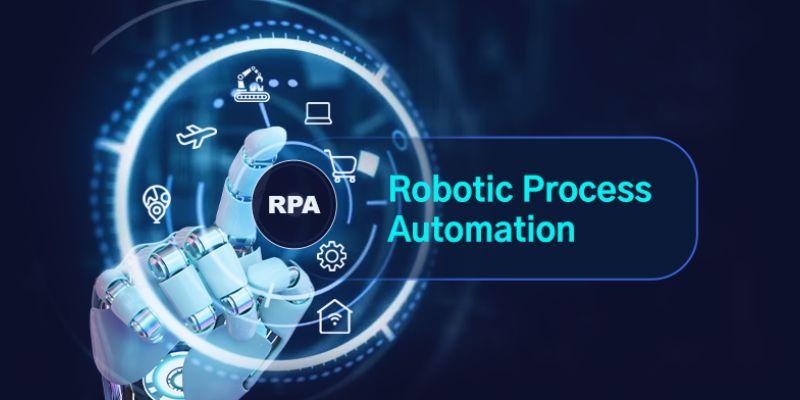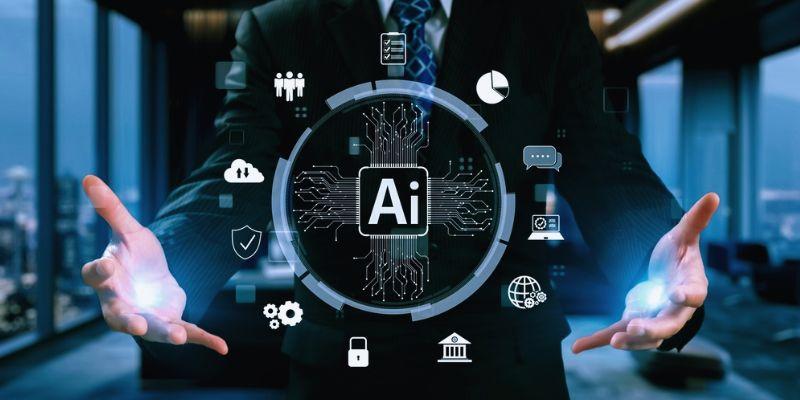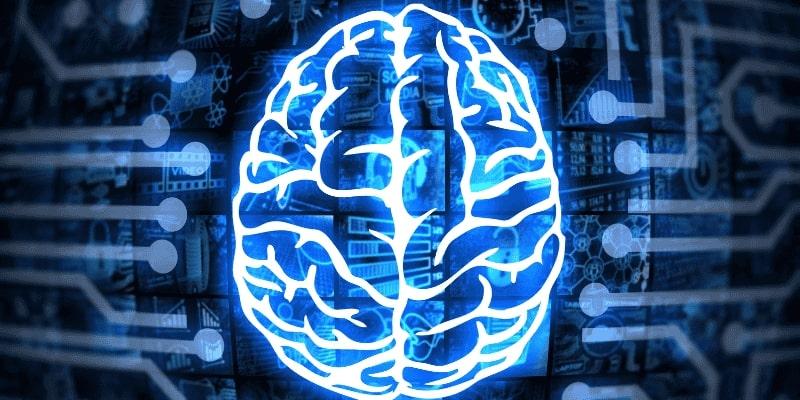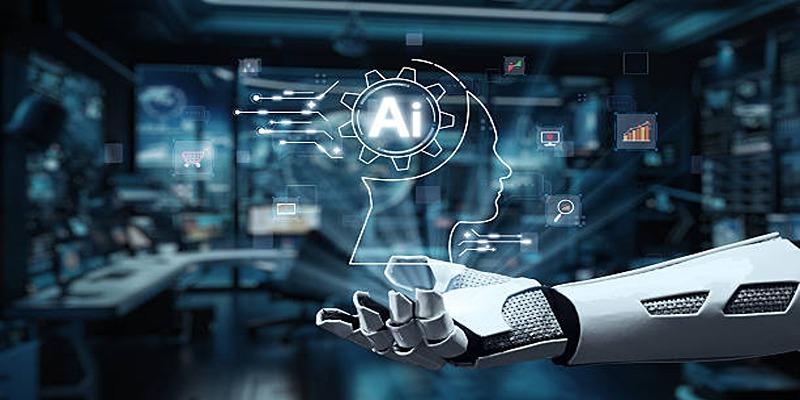AI (Artificial Intelligence) and RPA (Robotic Process Automation) are no longer just ideas for the future; they are now realities. They are currently being utilized in the public sector to enhance services, reduce wait times, and lower costs. However, it’s not enough to have the correct technology to use these tools. It’s all about your attitude. Change is challenging for many public institutions.
People are afraid of making errors or losing their employment. These worries can hinder progress. To be successful with AI and RPA, you need an open mindset, strong leadership, and a culture that encourages learning and collaboration. This article will explore how adopting the right mindset can enable public sector teams to maximize the benefits of AI and RPA, both now and in the future.

Mindset is what makes the difference; technology alone can’t do it. Even the best AI or RPA systems won’t work if people don’t want to change. However, an open-minded team will explore the potential of new technology. Fear is a common reaction in the public sector, particularly when significant changes alter the way people perform their jobs. But fear slows progress. If approached correctly, that fear can become an opportunity.
Workers begin to notice how automation makes their jobs easier. They take pride in helping and suggesting better ways to achieve goals. Because mistakes can be extremely detrimental, many government institutions tend to avoid risks. However, this fear of failing also prevents you from learning and improving. If you have a growth mindset, you view mistakes as opportunities to learn and improve.
AI and RPA can only be successful in the public sector if there is strong leadership. Leaders need to show the way by being honest, transparent, and helpful. They need to clearly explain why AI and RPA are important and how these tools can improve public services. Early communication is important; teams should feel like they are part of the process, not just being told what to do. People are more inclined to support change if they are involved from the start.
Leaders must understand that change can be stressful and create uncertainty. That’s why it’s so vital to be patient and understanding. Leaders need to ensure that people feel secure in asking questions. They also need to invest in training their teams to help them feel more confident and enhance their skills. When employees see their bosses learning, it makes them want to get involved. When people have the freedom to try new things and take ownership, it fosters an environment where change and new ideas can thrive.

Using AI and RPA isn’t a one-time thing; you must continually learn about and adapt to them. These technologies are constantly evolving, and teams must stay current. A strong culture of learning motivates people to study and think critically. It’s okay to ask questions or say, ‘I don’t know,’ in such a culture. Honesty helps you learn more quickly and effectively. Agencies should hold frequent training sessions, team workshops, and forums for discussion. These give ideas room to thrive and failures a chance to teach valuable lessons.
Peer mentoring is also valuable. When experienced staff support newcomers, everyone benefits. Working together across departments also helps people understand each other better, as varied points of view lead to more informed conclusions. Learning should be an integral part of everyday work, not just something that happens occasionally. When people continually learn, it’s easy for new ideas to emerge.
For AI and RPA initiatives to be successful, people from different departments must collaborate. In the public sector, different departments often operate independently. This way of working in silos makes things take longer and leaves gaps. For technology to function effectively, people and systems must communicate clearly and efficiently with each other. That’s why working together is so crucial. A collaborative mindset shifts the focus from ‘my task’ to ‘our shared mission.’ Teams need to be honest with one another and work together.
Leaders can help by ensuring everyone is on the same page and fostering open communication. When IT, front-line staff, and management collaborate, they develop superior solutions. Everyone has something important to add. It’s essential to build trust so that people feel secure in sharing their worries and thoughts. Leaders should also ensure that outside vendors understand the agency’s objectives. AI and RPA systems perform more effectively when people within and outside the company collaborate.
Agencies in the public sector need to generate innovative ideas, but they must also be fair and accountable. This balance requires careful consideration. New ideas are exciting, but they also come with hazards. Government systems must keep the public’s trust, respect the law, and be fair. You need to employ AI and RPA carefully and with ethics in mind. Teams should ask themselves key questions, such as “Who benefits from this?” Who could be hurt or left behind? Unfair results can happen when data or processes are biased. That’s why it’s so crucial to test and review systems.
The right approach is to strike a balance between speed and safety. You shouldn’t rush innovation; you should take your time. Teams also need to tell people how technology is being used. Transparency builds public trust. A responsible person asks tough questions, takes feedback to heart, and does what they know is right. This method ensures that AI and RPA work fairly, ethically, and effectively for the benefit of people.
AI and RPA can significantly enhance the ability of public sector institutions to assist people. However, having the right tools isn’t enough; success also depends on the right mindset. Leaders need to be honest and understanding when they lead. Teams need to be open to learning, collaborating, and evolving. Support and communication can help individuals overcome their fear and resistance, enabling them to make progress. Having a mindset that values trust, accountability, and learning is key. This way, public institutions can use new technologies smoothly and responsibly.

Failures often occur without visible warning. Confidence can mask instability.

We’ve learned that speed is not judgment. Explore the technical and philosophical reasons why human discernment remains the irreplaceable final layer in any critical decision-making pipeline.

Understand AI vs Human Intelligence with clear examples, strengths, and how human reasoning still plays a central role

Writing proficiency is accelerated by personalized, instant feedback. This article details how advanced computational systems act as a tireless writing mentor.

Mastercard fights back fraud with artificial intelligence, using real-time AI fraud detection to secure global transactions

AI code hallucinations can lead to hidden security risks in development workflows and software deployments

Small language models are gaining ground as researchers prioritize performance, speed, and efficient AI models

How generative AI is transforming the music industry, offering groundbreaking tools and opportunities for artists, producers, and fans alike.

Exploring the rise of advanced robotics and intelligent automation, showcasing how dexterous machines are transforming industries and shaping the future.

What a smart home is, how it works, and how home automation simplifies daily living with connected technology

Bridge the gap between engineers and analysts using shared language, strong data contracts, and simple weekly routines.

Optimize your organization's success by effectively implementing AI with proper planning, data accuracy, and clear objectives.